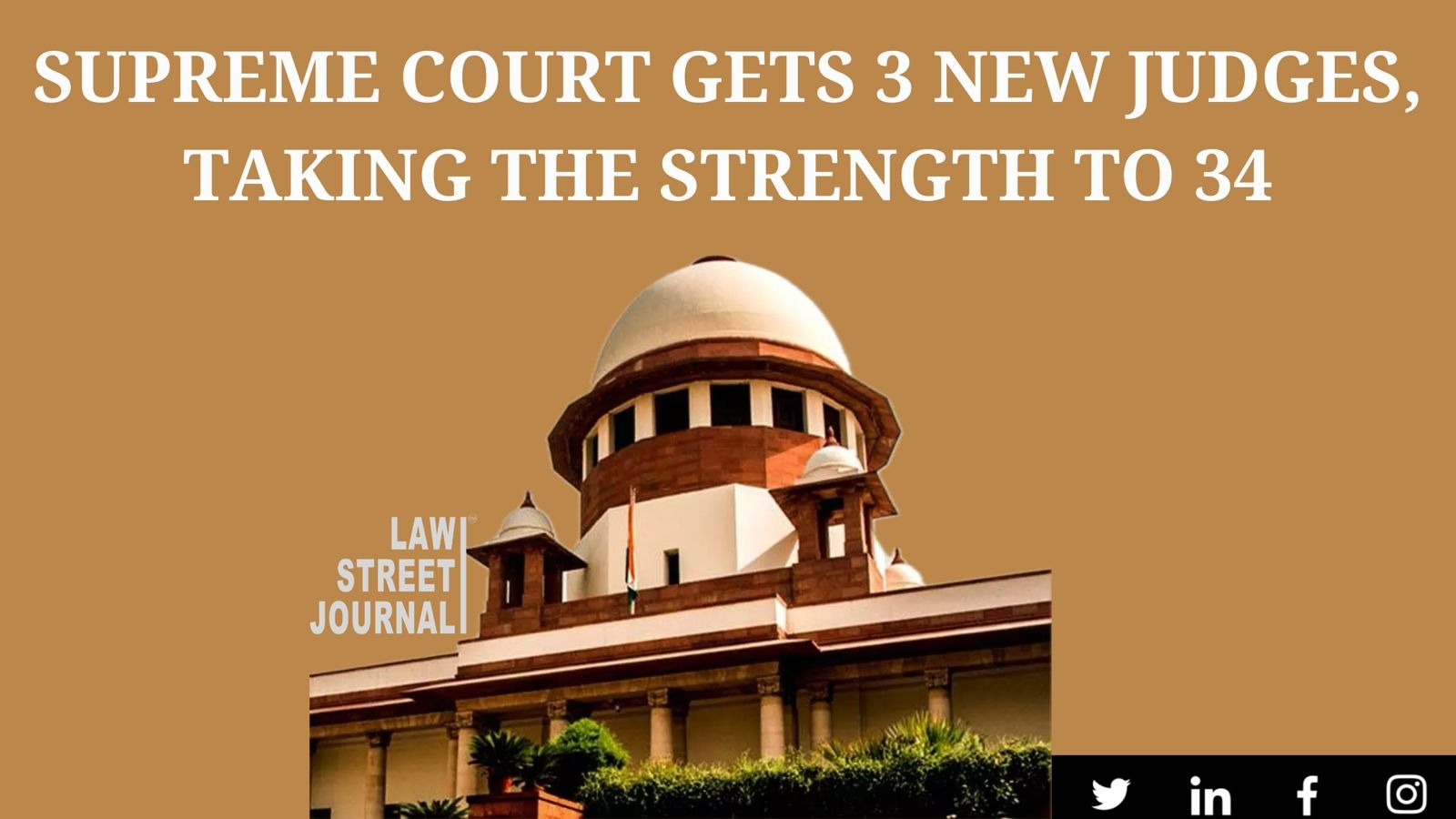Rajasthan: The Rajasthan High Court has rejected a father’s petition seeking permission to terminate his minor daughter’s pregnancy, emphasizing that parental consent cannot override a pregnant minor’s autonomous decision to continue her pregnancy.
The court of Justice Anoop Kumar Dhand delivered the judgment, recognizing the reproductive rights of minors while addressing the complex intersection of parental authority, medical termination laws, and constitutional rights under Article 21.
The court heard S.B. Civil Writ Petition No. 11124/2025 filed by the father of a 17-year-old rape victim seeking judicial permission to terminate his daughter’s pregnancy. The petition was filed after three FIRs were registered against the accused for allegedly committing rape upon the minor.
The case took a dramatic turn when the Rajasthan Legal Services Authority submitted a letter from the victim expressing her clear desire to deliver the child. The minor had stated unequivocally that “she does not wish to terminate her pregnancy” and that the petition was filed “without her consent.”
In her statement recorded by a counsellor at the Child Welfare Committee, Alwar, the victim revealed that she was “more than five months pregnant and wished to deliver the child.” She expressed her intention to stay at the Child Welfare Committee until attaining majority and did not want to return home due to alleged harsh and abusive treatment by her parents.
The court observed that the case presented a conflict between the Medical Termination of Pregnancy Act’s requirement for parental consent for minors and the pregnant minor’s own autonomous choice. The court noted, “Section 3(4)(a) of the MTP Act reveals that the consent of the natural guardian is required for termination of pregnancy in the case of a minor. However, the Act does not shed light on a situation where there is a conflict between the views of the minor and her guardian.”
Drawing from Supreme Court precedent in A (Mother of X) vs. State of Maharashtra, the court emphasized that “where the opinion of a minor pregnant person differs from the guardian, the court must regard the view of the pregnant person as an important factor while deciding the termination of the pregnancy.”
The court conducted a medical examination through four doctors who confirmed the pregnancy was at 22 weeks and 4 days. The medical board opined that while termination was permissible under the MTP Act, “the victim girl’s stage of pregnancy is such that it may result in the birth of a live baby and the foetal abnormalities diagnosed are not lethal.”
In a significant observation, the court stated, “A child is a priceless gift of God. Life indeed begins at the moment of conception, making it sacred and invaluable. Hence, life is precious and must be cherished, encouraged, and preserved at every stage.”
The court extensively discussed the rights of the unborn, noting that “an unborn child has a life of its own and rights of its own, and the rights of the unborn are recognized by law.” The court observed that “after six weeks, life is infused into the embryo, thus converting the embryo into a fetus, and once an embryo evolves into a fetus, the heartbeat starts.”
Considering the victim’s maturity level, the court found that at more than 17 years of age, she demonstrated “her level of maturity and her capacity to take decisions for herself” and was “capable of understanding the consequences of her decision.”
The court concluded that granting permission for forced termination “would not only violate the victim’s Right to Life but also infringe the right to life of the fetus/unborn child in the womb of the victim, as guaranteed under Article 21 of the Constitution of India.”
Additionally, the court specifically directed that “the Superintendent, Child Welfare Committee, Alwar is directed to ensure that all medical facilities are provided to the minor victim before and after the delivery, free of any fees, charges, or expenses of any nature.”
Citing the Supreme Court’s decision in Suchita Srivastava v. Chandigarh Administration, it reinforced that courts have consistently “declined to permit termination of pregnancy where the minor was unwilling to undergo the procedure.”
The Court therefore dismissed the petition with directions to ensure the minor victim receives comprehensive pre- and post-delivery medical care, nutritious food, schooling facilities if she wishes to study, and a safe stay at the Child Welfare Committee, Alwar until attaining majority, with strict privacy protection. Relevant state departments, legal services authorities, and the Superintendent of Police, Alwar were instructed to monitor and report regularly to ensure full compliance with these measures.
The petitioner was represented by Mr. Rajesh Kumar Sharma with Ms. Kamini Pareek, Mr. Sarthak Chobey, and Mr. Gaurav Sharma, Advocates, while the State was represented by Mr. Bhuwnesh Sharma, AAG, with Mr. Vishnu Dutt Sharma, Mr. Yash Joshi, and Ms. Tanvisha Pant for Mr. Vigyan Shah, AAG.
Case Title: Victim vs. State of Rajasthan & Ors.

.webp)



![Supreme Court Collegium approves new Chief Justices for five key High Courts in India [Read Recommendations]](/secure/uploads/2023/12/lj_8000_380d1135-6f3a-4988-a00a-4d5cd5901815.jpg)
!["Consolidate bail pleas in identical FIR cases to ensure consistent judicial decisions": Supreme Court to High Courts [Read Order]](/secure/uploads/2023/12/lj_4845_8d23b142-dc06-4f22-955f-04342d1d5bd2.jpg)






